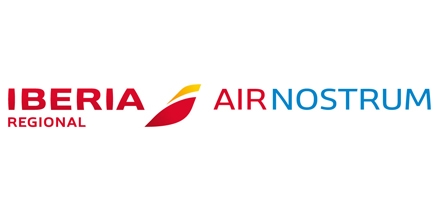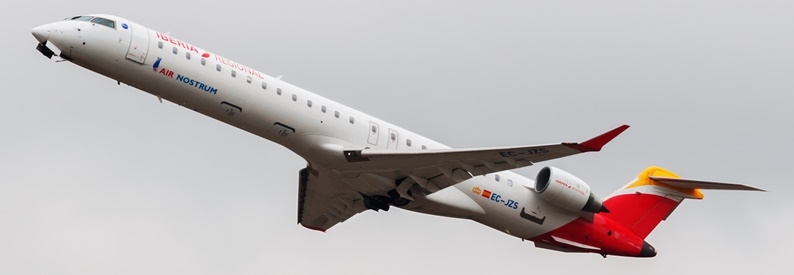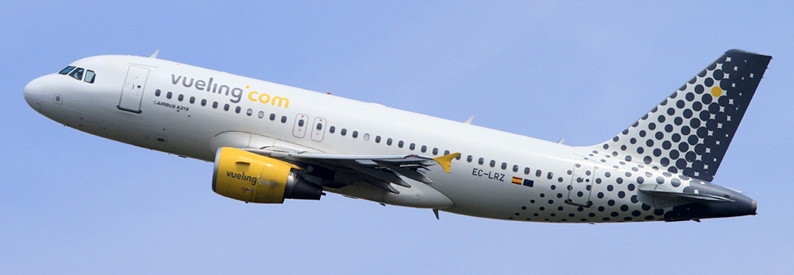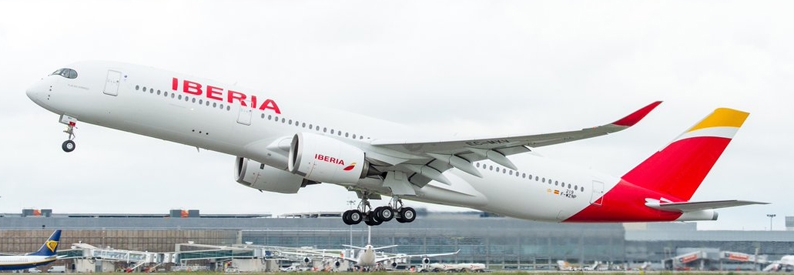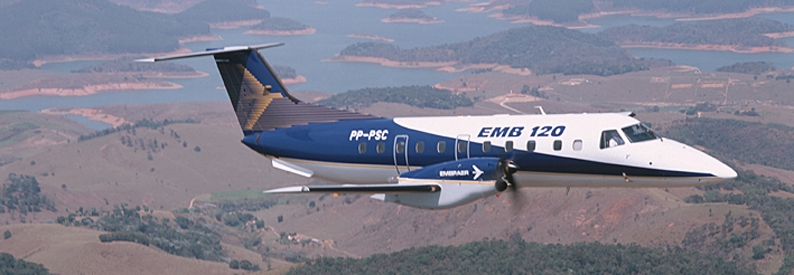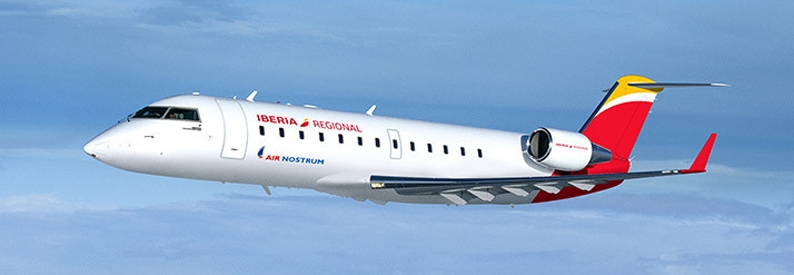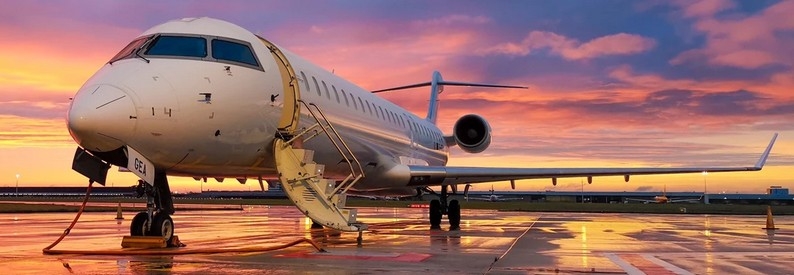The European Commission has closed its in-depth investigation into a EUR9 million euro (USD10.6 million) Spanish regional government disbursement to regional carrier Air Nostrum (YW, Valencia Manises) for the renewal of its fleet, finding it to be in line with current EU state aid rules.
Brussels launched its probe in October 2019, into the Valencian regional government’s funds to help Air Nostrum acquire ten “environmentally friendly” CRJ1000ERs from then-manufacturer Bombardier Aerospace (BBA, Montréal Trudeau).
The municipality had approved in 2018 up to EUR3 million in subsidies to Air Nostrum to fund the purchase, saying it was part of plans to boost the economic development of the region. It then revealed that it would disburse up to EUR6 million more to the airline over the period 2019-2020.
Spain argued that the assistance fell under state aid rules for environmental protection under the 2014 General Block Exemption Regulation (GBER), but the European Commission had its doubts. Brussels wanted to find out whether the investment would have been carried out anyway, even without the public support, pointing out that Air Nostrum had already renewed its fleet with eighteen CRJ-1000s before 2017 without state assistance.
However, due to the coronavirus outbreak, Air Nostrum has since revised its investment plans and renounced the aid for its fleet renewal, none of which has been paid out. Spain accepted the renunciation and repealed the measure.
As a result, the European Commission said its investigation “has become without object” and so it closed the probe.
Air Nostrum currently has twenty-eight CRJ1000ERs in its fleet, according to the ch-aviation Commercial Aviation Aircraft Data module, together with four CRJ900ERs, eight CRJ200ERs, and eleven ATR72-600s.
- Type
- Base
- Aircraft
- Destinations
- Routes
- Daily Flights
